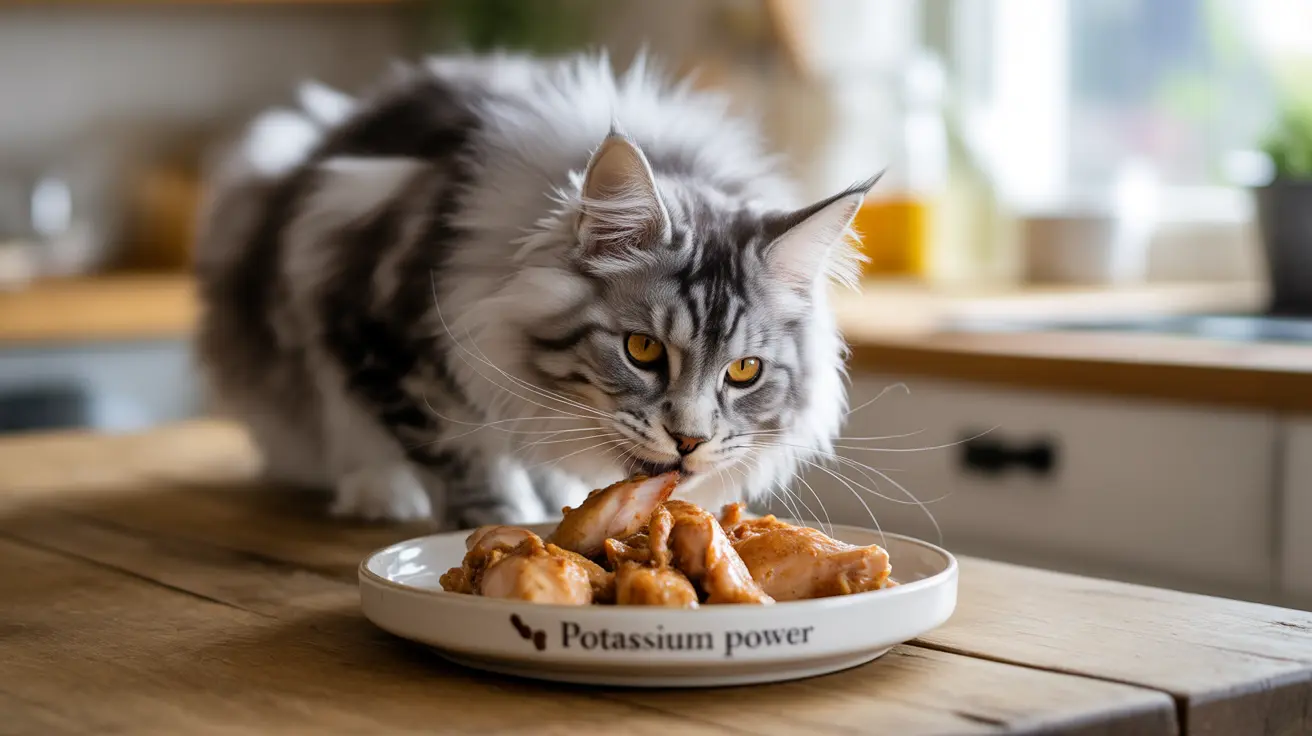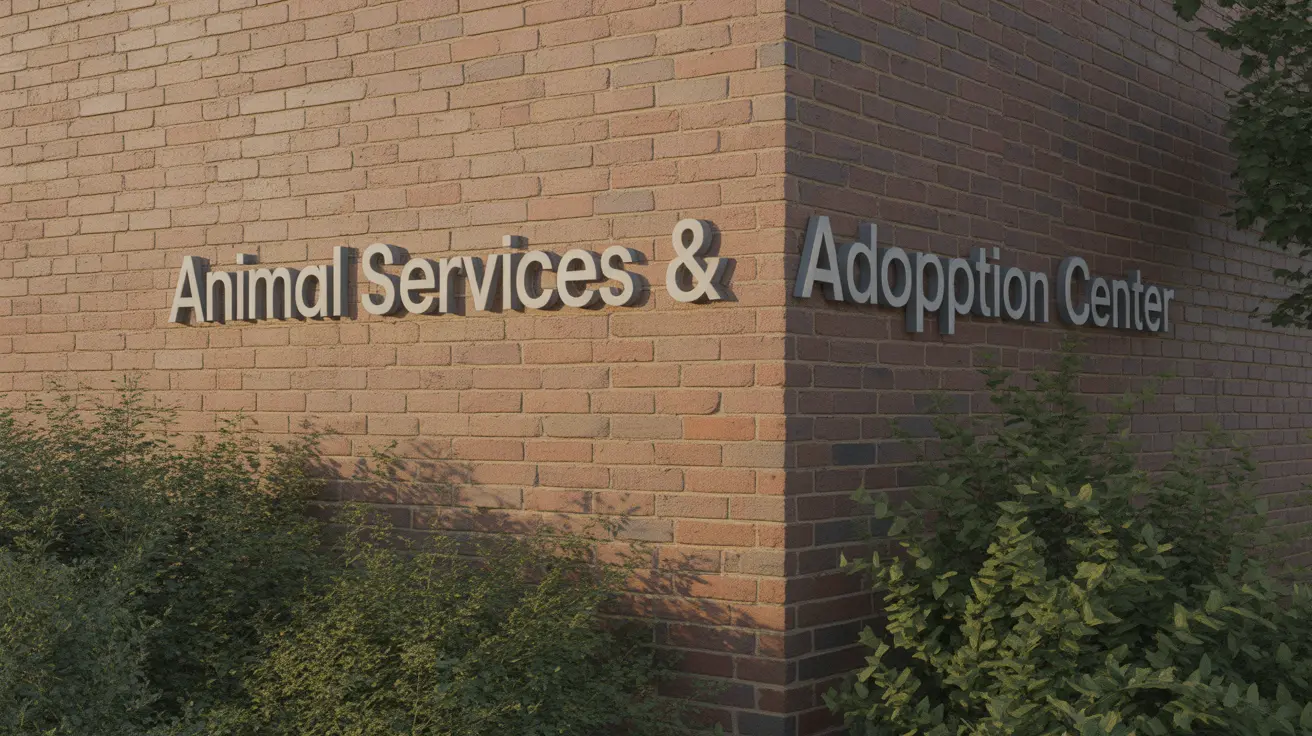Understanding the Importance of Potassium in Cats
Potassium plays a crucial role in your cat's overall health and well-being. This essential mineral and electrolyte supports vital functions including muscle contraction, nerve transmission, and proper kidney function. For cats, maintaining optimal potassium levels is particularly important as they can be prone to deficiencies, especially those with certain health conditions.
Understanding natural sources of potassium for cats can help ensure your feline companion maintains healthy levels of this vital nutrient. While commercial cat foods typically provide adequate potassium for healthy cats, some situations may require additional attention to potassium intake.
Primary Natural Sources of Potassium
Meat-Based Sources
As obligate carnivores, cats naturally obtain potassium through meat-based sources. These include:
- Cooked chicken (skinless and boneless)
- Fresh fish (particularly salmon and tuna)
- Lean meats like turkey and lamb
- Organ meats (in moderation)
These protein-rich foods not only provide essential potassium but also align with your cat's natural dietary needs. Always ensure these meats are thoroughly cooked and free from seasonings or additives.
Safe Plant-Based Options
While cats primarily need meat-based nutrition, certain plant-based foods can provide supplementary potassium:
- Plain, cooked pumpkin
- Small amounts of mashed banana
- Cooked sweet potato (in very small quantities)
These should be offered only as occasional supplements, not as main dietary components.
Potassium Requirements for Special Cases
Cats with Kidney Disease
Cats with chronic kidney disease (CKD) often require special attention to their potassium intake. These cats may need additional supplementation through:
- Prescription kidney-support diets
- Veterinary-approved potassium supplements
- Carefully monitored portions of potassium-rich foods
Supporting Healthy Potassium Levels
To maintain proper potassium levels, consider these strategies:
- Serve wet food to increase moisture intake
- Monitor portion sizes of natural food supplements
- Maintain regular veterinary check-ups
- Watch for signs of deficiency or excess
Safe Implementation Guidelines
When introducing natural sources of potassium for cats, follow these important guidelines:
- Start with small amounts
- Introduce one new food at a time
- Monitor for any adverse reactions
- Maintain proper portion control
- Always consult with your veterinarian first
Frequently Asked Questions
What are the best natural food sources of potassium for cats?
The best natural food sources include cooked chicken, fish (especially salmon and tuna), and lean meats like turkey. These protein-rich foods provide bioavailable potassium that cats can easily digest and absorb.
How can I safely add potassium-rich foods like chicken and fish to my cat's diet?
Introduce these foods gradually in small, bite-sized portions. Ensure they're thoroughly cooked, unseasoned, and free from bones. Start with 1-2 small pieces as treats, and always consult your veterinarian before making dietary changes.
Why is potassium important for cats with chronic kidney disease?
Cats with CKD often lose excessive potassium through increased urination. Maintaining proper potassium levels helps support muscle function, slows disease progression, and improves overall quality of life for cats with kidney issues.
What signs indicate my cat might have a potassium deficiency?
Common signs include muscle weakness, lethargy, poor appetite, constipation, and heart rhythm abnormalities. If you notice these symptoms, seek veterinary care immediately for proper diagnosis and treatment.
Can pumpkin or bananas be given to cats as a natural source of potassium?
Yes, but in moderation. Plain, cooked pumpkin (1-2 teaspoons) can be offered occasionally. Bananas should be given sparingly due to their sugar content. These should complement, not replace, meat-based potassium sources.
Conclusion
While natural sources of potassium for cats are available through various foods, it's essential to approach supplementation carefully and under veterinary guidance. Focus on high-quality protein sources as your primary method of providing potassium, and use plant-based options only as occasional supplements. Remember that each cat's needs are unique, especially those with underlying health conditions.






